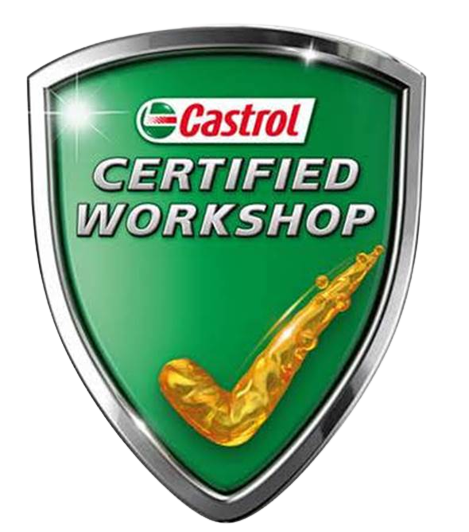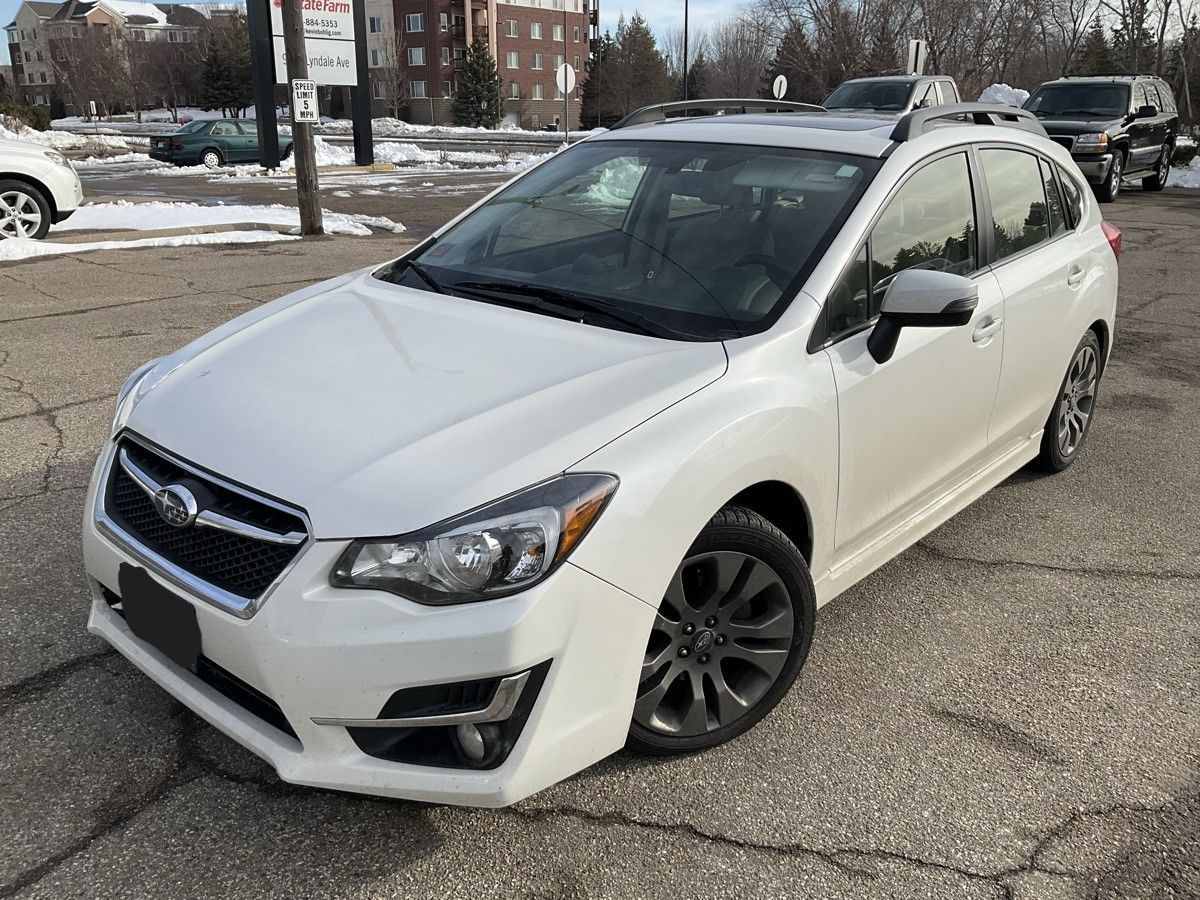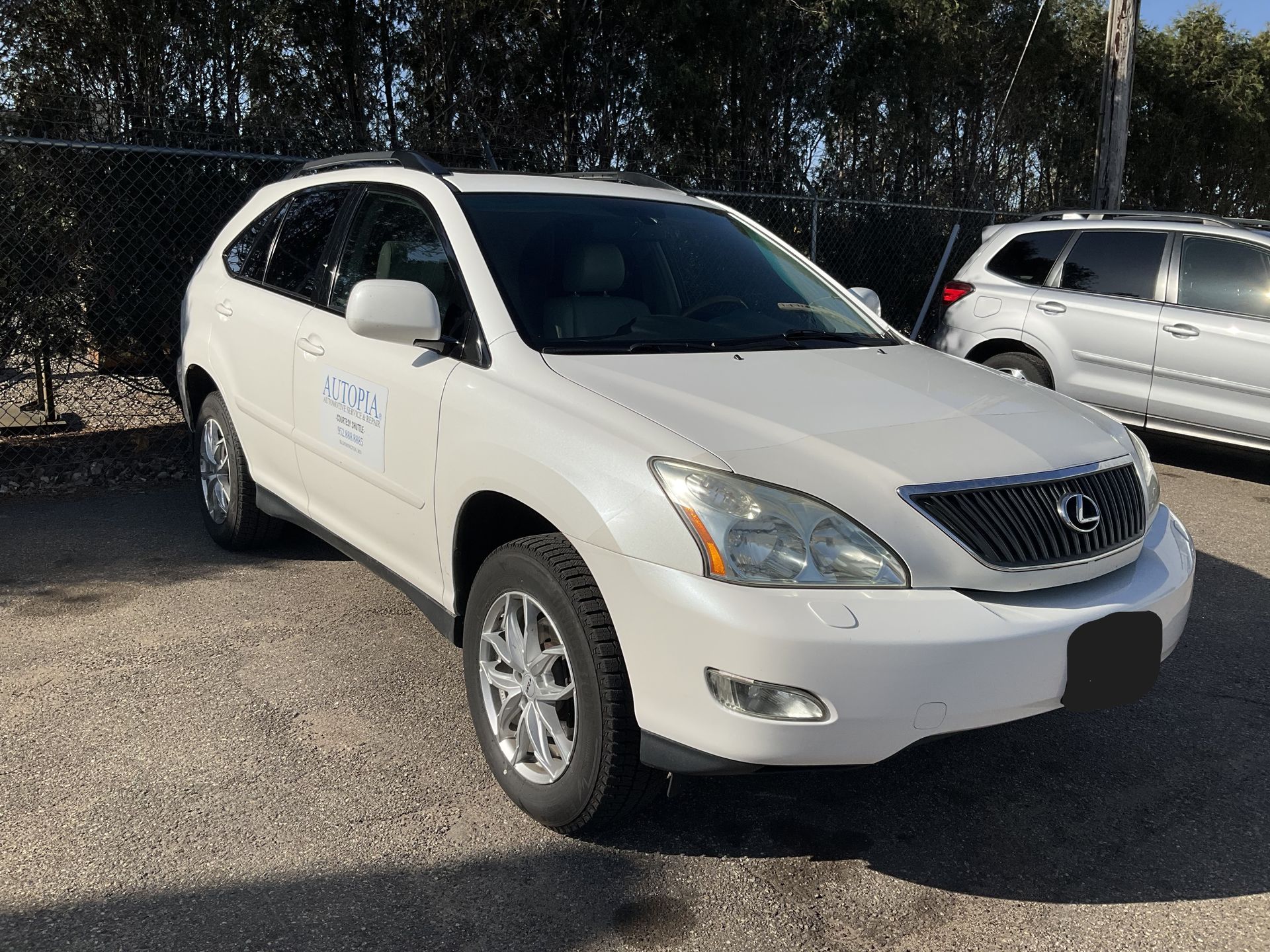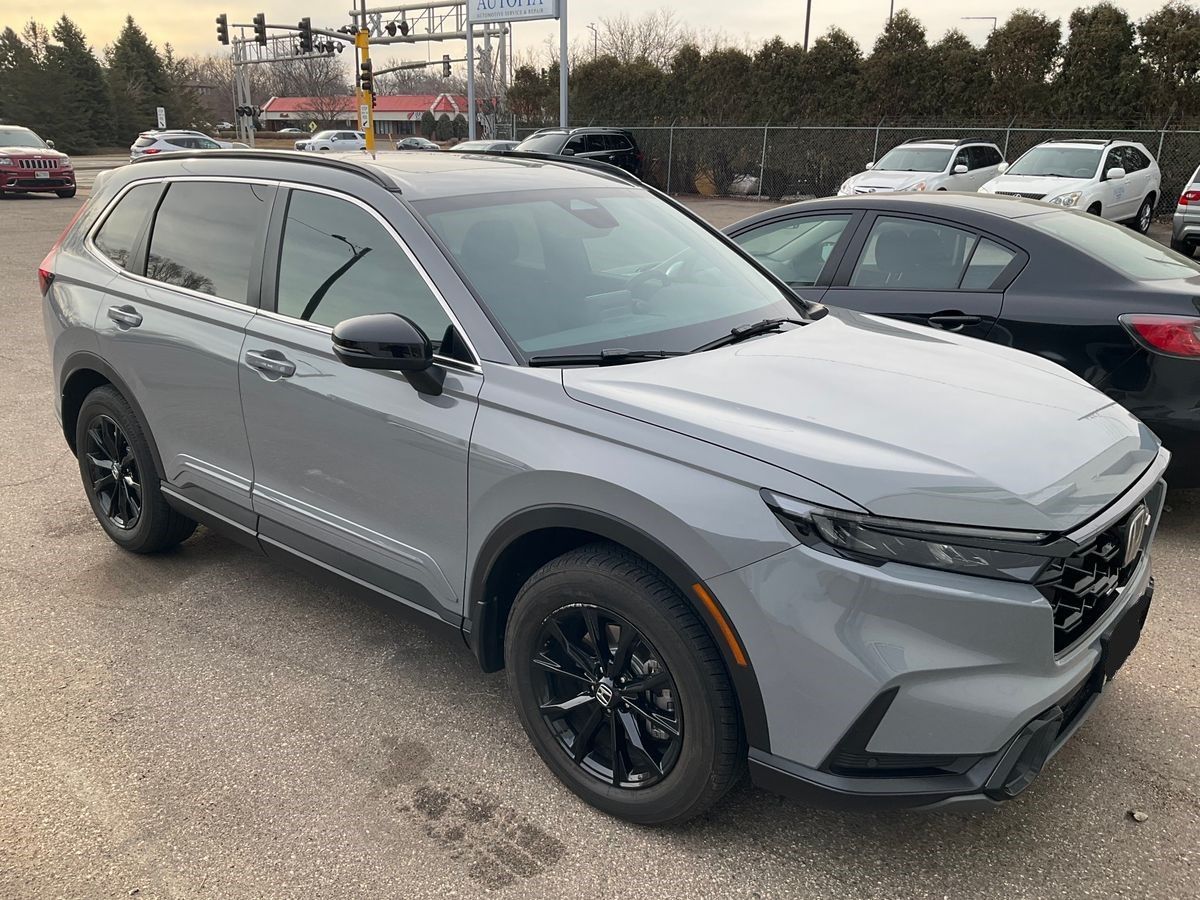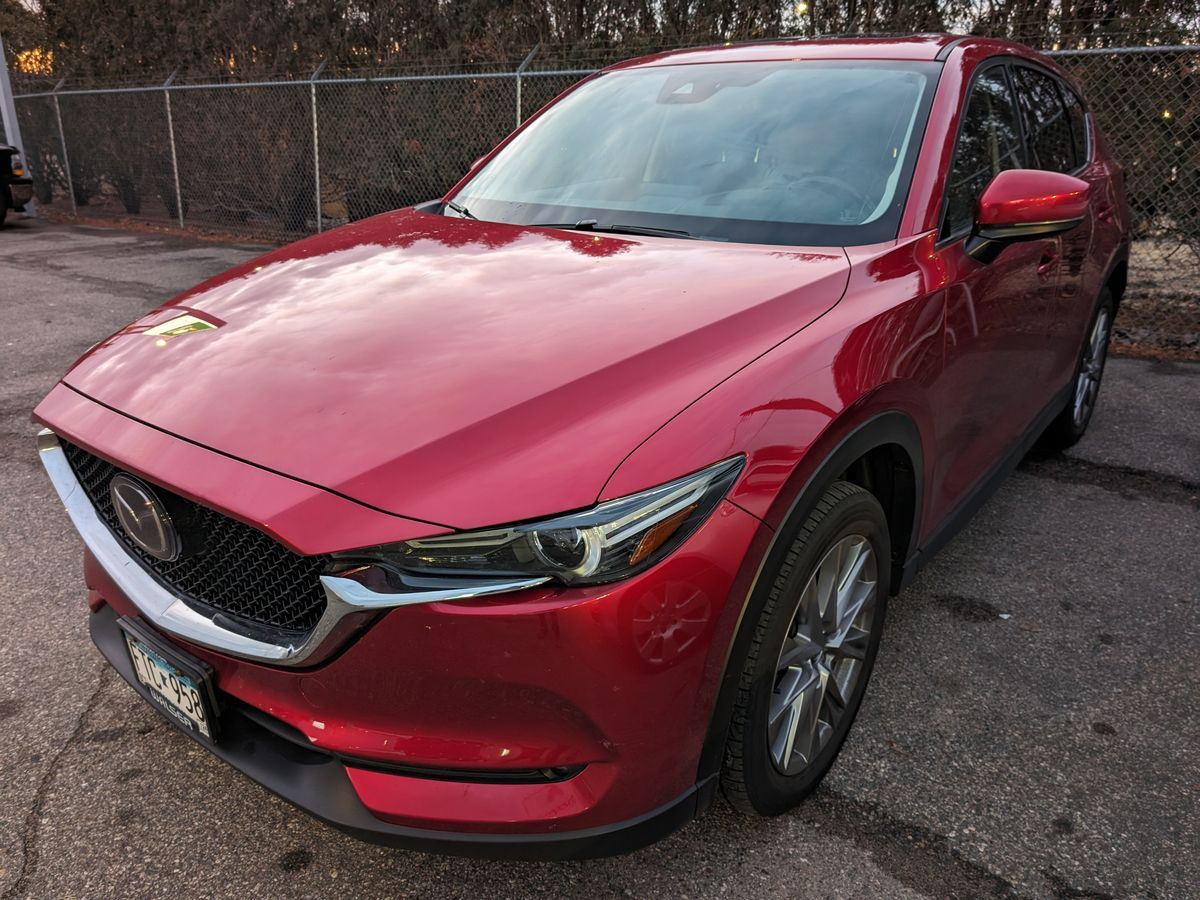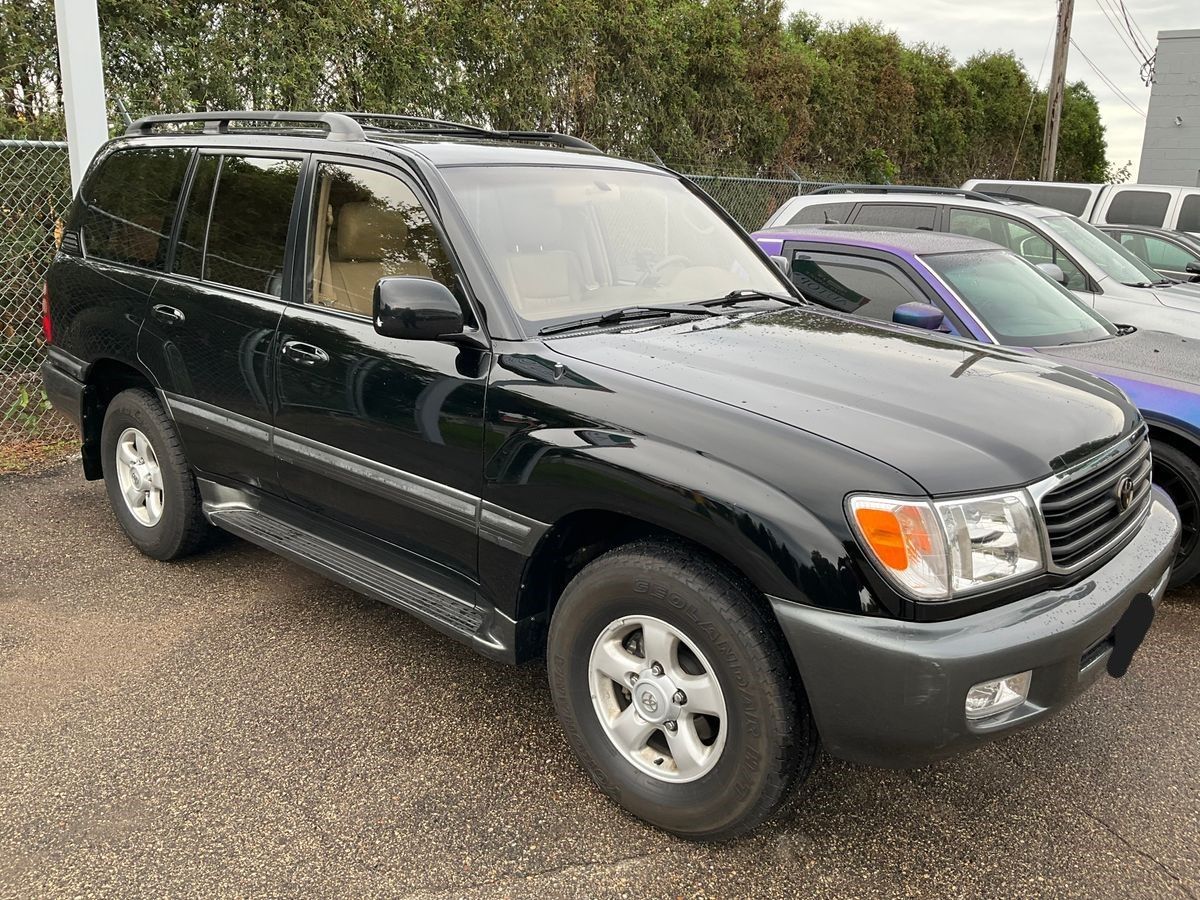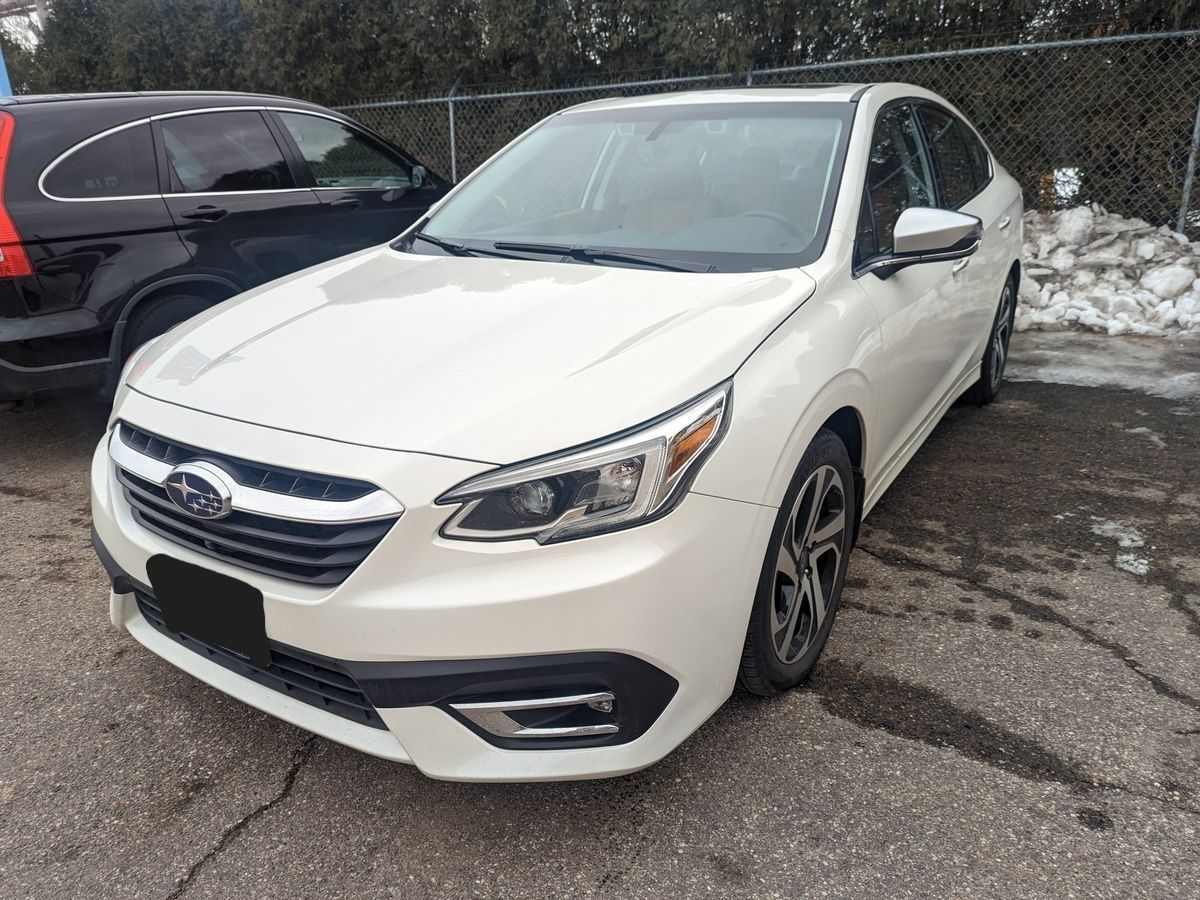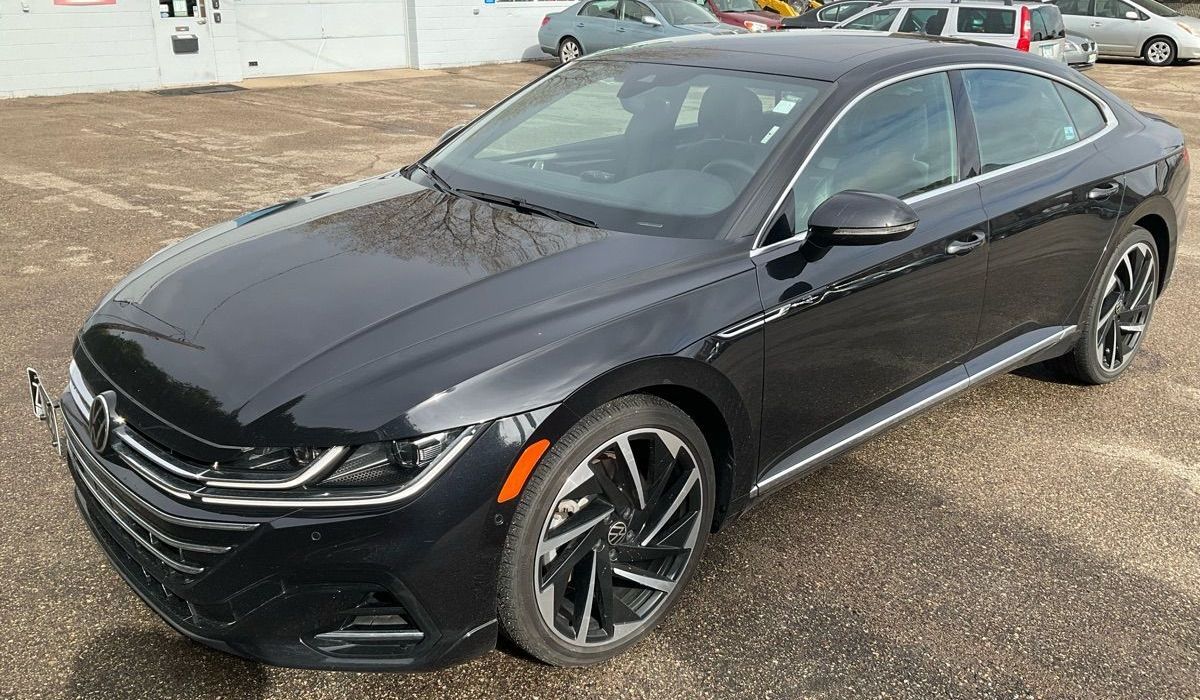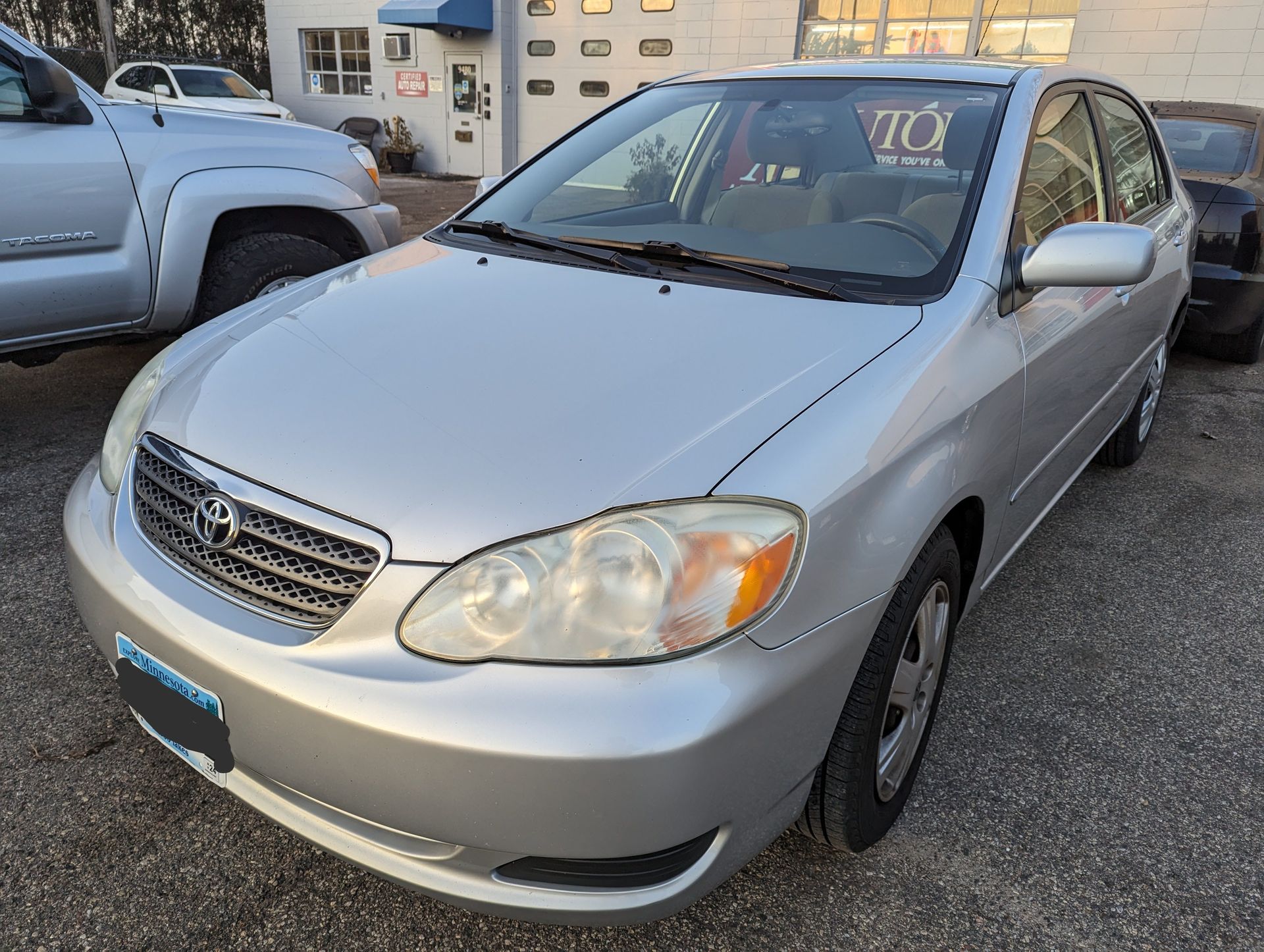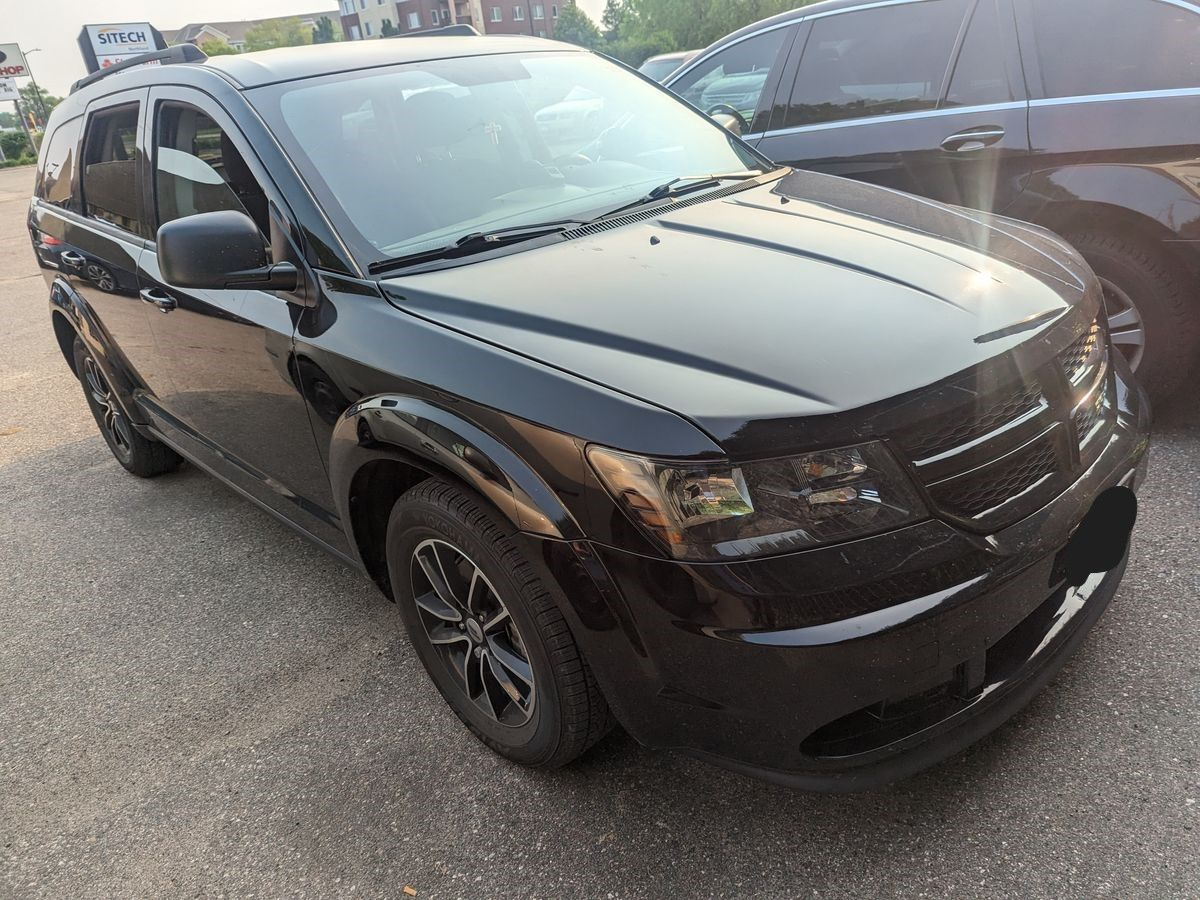Blog #142: Air Conditioning Problems? What Might Be Causing It (And How to Fix Them)
Blog #142: Air Conditioning Problems? What Might Be Causing It
(And How to Fix Them)
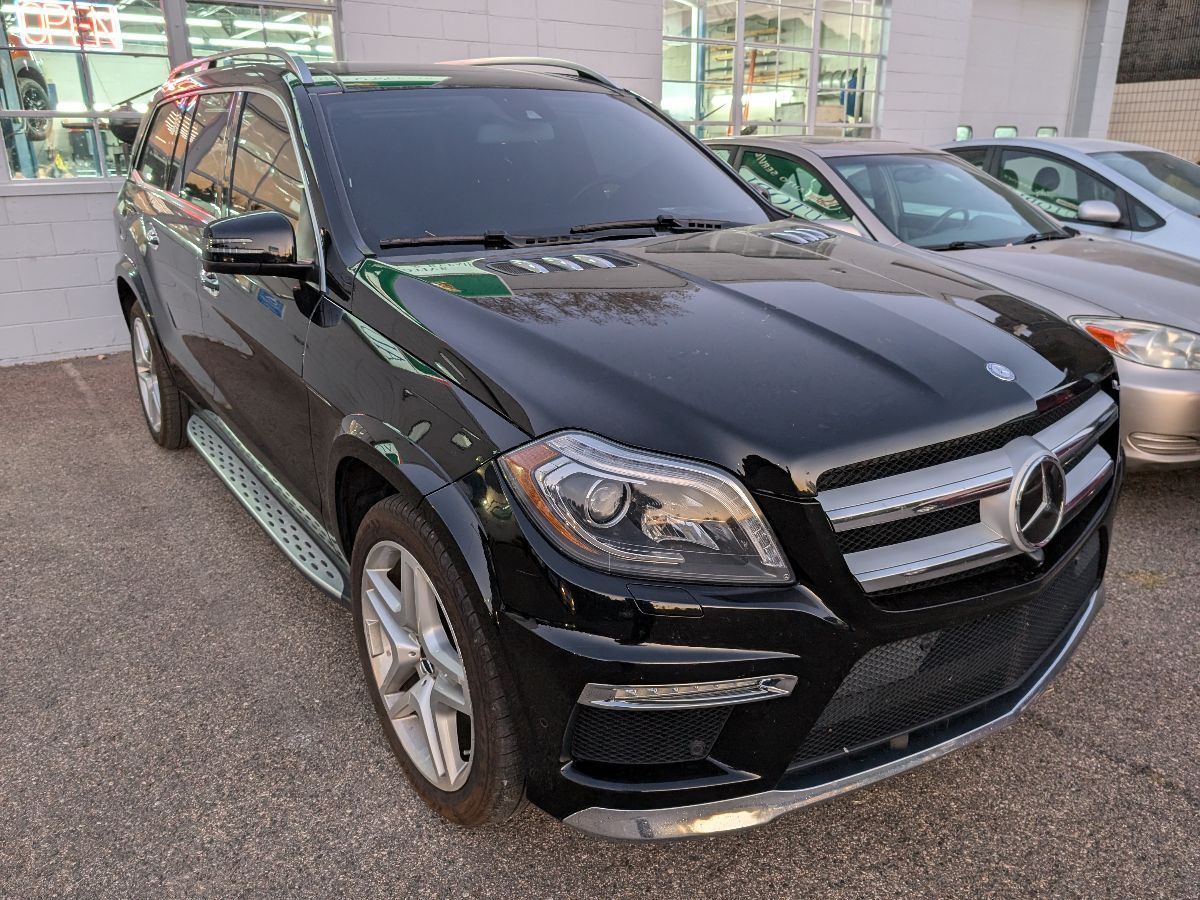
Your car’s air conditioning system is supposed to keep you cool and comfortable, especially during those hot summer days. But when the AC starts acting up—blowing warm air, making noise, or smelling musty—it’s more than just an inconvenience. It could point to underlying issues that, if ignored, become costly repairs. At
Autopia Bloomington, we see these AC issues often, and our goal is to help you catch them early and stay cool all season long.
In this guide you’ll learn:
- Common causes of AC problems
- Symptoms to watch for
- Preventive maintenance tips
- When to bring your car to us for service
How Your Car AC System Works (Overview)
Before diving into problems, here’s a simplified view of how your car’s AC system works:
- The compressor pressurizes refrigerant, turning it into a high-pressure gas.
- The condenser cools that gas into a liquid, releasing heat to the outside air.
- The expansion valve/orifice tube reduces pressure so refrigerant can absorb heat.
- The evaporator absorbs heat from inside the car, cooling the air.
- The system circulates refrigerant and repeats the process.
Because it’s a closed system, a single leak, clogged line, or failing component can disrupt the cycle and degrade cooling performance.
Top 7 Causes of AC Trouble (and What They Do)
Here are the most frequent culprits we diagnose at Autopia Bloomington, along with how they impact your system:
1. Low Refrigerant / Leaks
Refrigerant (often R-134a or newer types) is essential for cooling. Over time, seals, hoses, or connections may leak small amounts. Low levels mean less cooling capacity.
2. Faulty Compressor or Clutch
If the compressor or its clutch fails, the system cannot pressurize refrigerant. Sometimes the clutch won’t engage at all, even if there’s refrigerant.
3. Clogged Condenser or Restricted Airflow
The condenser is at the front of your vehicle. Dirt, debris, bugs, or even road salt can block airflow, reducing cooling efficiency.
4. Electrical / Sensor Failures
Modern AC systems have sensors, relays, switches, and control modules. A blown fuse, bad wiring, or a faulty pressure switch can prevent the system from running properly.
5. Malfunctioning Blower Motor or Fan
Even if all other parts work, if the blower motor can’t push air through vents, you’ll feel weak airflow.
6. Dirty Cabin Filter or Blocked Ducts
A clogged cabin air filter or blocked vent will choke airflow and reduce cooling effectiveness.
7. Aged Evaporator or Corrosion / Internal Leaks
The evaporator (located behind the dashboard) can develop internal corrosion or leaks. Because of its location, repairs can be labor-intensive.
Warning Signs You Shouldn’t Ignore
Here are symptoms that indicate your AC system needs inspection:
- AC blows warm or tepid air instead of cold
- Weak or inconsistent airflow from vents
- Strange noises (rattles, squeaks, hissing) when AC is on
- Musty or foul odors from vents
- Moisture or water pooling inside the cabin
- Rapid cycling of AC (turning on/off frequently)
- Smell of refrigerant or oil under the hood
If you notice any of these, bring your car to Autopia Bloomington before small issues escalate.
Preventive Maintenance Tips
You can reduce the risk of AC failures with regular maintenance:
- Run the AC occasionally in cooler months to keep seals lubricated
- Replace the cabin air filter regularly
- Keep the front grille/condenser area clean from debris
- Inspect hoses, lines, and seals for signs of wear or leaks
- Use quality parts and refrigerant when servicing
- Check system performance annually (especially before summer)
When to Bring It to the Experts
Some AC issues require specialized tools, knowledge, or access to sealed components. Bring your car to Autopia Bloomington if:
- The compressor won’t engage
- Recharge doesn’t last long (indicating a leak)
- You smell refrigerant or oil
- System diagnostics show pressure abnormalities
- Evaporator or condenser replacement is needed
At our shop, we offer full AC diagnostics, leak testing, recharges, part replacements, and system restore services.
Frequently Asked Questions (FAQ)
Q: Why does my AC start cold but go warm after a while?
A: That often points to low refrigerant, clogged condenser, or fan issues causing the system to overheat.
Q: Is it safe to top off refrigerant myself?
A: It’s not recommended. Overfilling or improper use can damage your system. Always have a professional check for leaks first.
Q: How much does AC repair cost?
A: Repairs vary widely — from replacing a filter or sensor (more affordable) to replacing a compressor or evaporator (more expensive). We’ll provide a clear estimate before performing work.
Q: Why does my AC smell musty when turned on?
A: Moisture in the evaporator or clogged cabin filter can promote mold or bacterial growth, causing odors.
Q: How often should I have the AC system inspected?
A: Annually or before summer is ideal. We can inspect refrigerant levels, pressure, components, and system performance.

